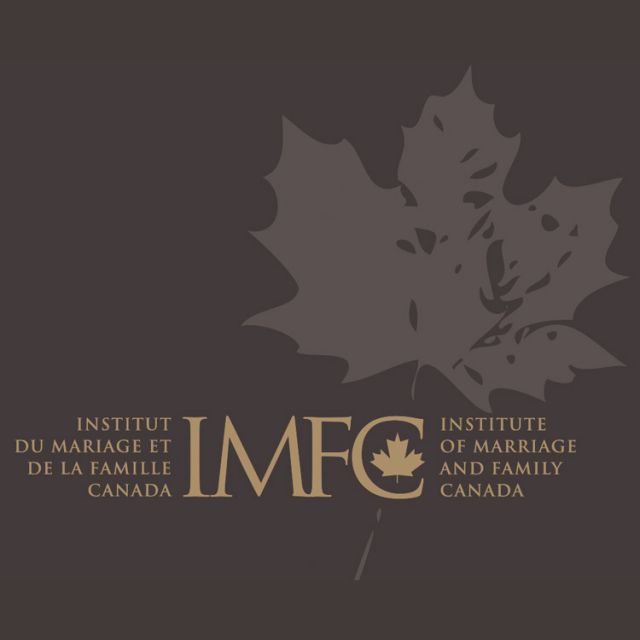The IMFC is a non-partisan think tank that compiles the latest social science research to help guide public policy in the areas of marriage and family. It recommends that parents, as “primary” educators, should be actively involved in their children’s education and that they should hold school boards and trustees accountable for “ensuring equity strategies encourage diversity of thought and opinion.”
The study, written by IMFC senior researcher Peter Jon Mitchell, traces the history of the policy and the controversy it has engendered, especially after the Ottawa Carleton District School Board sent out a survey requiring students to disclose their sexual orientation and debate about whether Catholic schools would be forced to host GSAs.
It describes the recently introduced Bill 13, “An act to amend the Education Act with respect to bullying and other matters,” as the solidification of the strategy. Mitchell said “the government also seized the opportunity to strong-arm Catholic boards by specifically mandating” GSAs in all schools if students ask for them.
The IMFC asks “who decides what is equitable and inclusive?” and suggests Ontario’s Education Ministry is more focused on embedding its view of equity and inclusion into the day-to-day school experience than on measuring whether its goals of “reducing achievement gaps” and restoring confidence in public education are achieved.
The Ontario policy states the classroom teacher must “assume responsibility for examining and taking steps to modify personal beliefs and biases that are inconsistent with equity and inclusive educational principles,” the study points out.
“Teachers should address inappropriate comments and behaviours,” it says. “But parents should be asking how beliefs are determined to be inconsistent with the policy, what steps teachers are sanctioned to take to modify beliefs, and what role do parents play in this teacher-directed action?”
The study pointed out that while community partnerships can be valuable, they have a downside when the partnership is seen as an endorsement of that group’s views and only one side of a controversial issue gets represented.
The think tank identifies areas where policies shaped by outside activists have been foisted on Ontario schools.
“The Toronto District School Board sanctioned a curriculum guide called Challenging Homophobia and Heterosexism to assist teachers in integrating diversity education in the classroom,” the study says. “The curriculum guide was authored and shaped by activist educators and outside activists, and forbids students from opting out of activities.
“A suggested exercise for the JK to third-grade level was for the school to have their own Pride Parade and to invite the media and representatives from Pride Toronto or a similar organization. It is fair to ask whether this is an educational experience or activism and media event providing a platform for an outside special interest group.”
The IMFC argues against a “romantic view” of education that uses the classroom as a tool for social change.
“Special interest and community groups have a role in school, but students should not be coerced to participate in activism or activities that compromise their own beliefs and positions,” it said.
In an examination of Bill 13, the IMFC critiques the bill’s proposed definition of bullying as occurring in the context of a power imbalance, such as “size, strength, age and subjective qualities such as peer group power and social status.”
There are “low status” bullies who are also victims of bullying, it says.
Bill 13 foists activism on Ontario schoolchildren
By Deborah Gyapong, Canadian Catholic NewsOTTAWA - An Ottawa-based think tank said mandating gay-straight alliances (GSAs) as part of Ontario government’s anti-bullying strategy will only force students into activism.
The Institute of Marriage and Family Canada (IMFC) warns of negative effects on freedom and equality if Ontario’s Equity and Inclusion Strategy forces students to move “beyond tolerance to acceptance and respect.”
“Diversity will only flourish in Ontario schools when students are encouraged to respectfully interact with different thoughts and opinions,” said the IMFC in its study entitled Ontario’s Equity and Inclusive Education Strategy Reviewed. [DOWNLOAD REPORT HERE]
Please support The Catholic Register
Unlike many media companies, The Catholic Register has never charged readers for access to the news and information on our website. We want to keep our award-winning journalism as widely available as possible. But we need your help.
For more than 125 years, The Register has been a trusted source of faith-based journalism. By making even a small donation you help ensure our future as an important voice in the Catholic Church. If you support the mission of Catholic journalism, please donate today. Thank you.
DONATE

